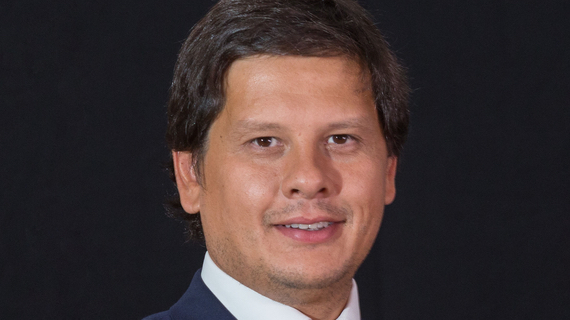André Chen
Critical factors in rehabilitation with ceramic implants

- Oral Surgery Specialist Curriculum EN
- Oral Surgery and Implant Dentistry Faculty (Lisbon University, College of Dentistry FMDUL)
- Oral Surgery Post-Graduation Specialty (Lisbon University, College of Dentistry FMDUL)
- NYU College of Dentistry-Implant Dentistry Programm (2006-2008)
- Clinical Dental Research Program (Washington University)
- MSc in Bone Regeneration (Lisbon University, College of Dentistry FMDUL)
- Graduated in Dentistry (Lisbon University, College of Dentistry FMDUL)
Nationality: Portugal
Scientific areas: Oral rehabilitation
15 of november, from 10h00 until 10h30
Auditório A
Conference summary
Dental implants made of titanium and titanium alloys are considered the gold standard in implantology, but the increasing demand for metal-free dental implants and the development of refined, tougher, and stronger ceramic core materials has led to strong all-ceramics systems as an alternative to titanium.
The state of digital art essentially aims at simplifying clinical acts with greater predictability and speed, with a clear benefit to the patient.
The mechanical part of zirconia implant protocols is undoubtedly important, however, it is in the area of Biology and Physiology that these zirconia technologies make a difference in relation to conventional ones.
With the introduction of this 2nd generation of zirconia implants, there are critical factors either biological and mechanical that we have to understand to master the technique This lecture will highlight the pros and cons of zirconia implant therapy as well to show the indications in each clinical situation.